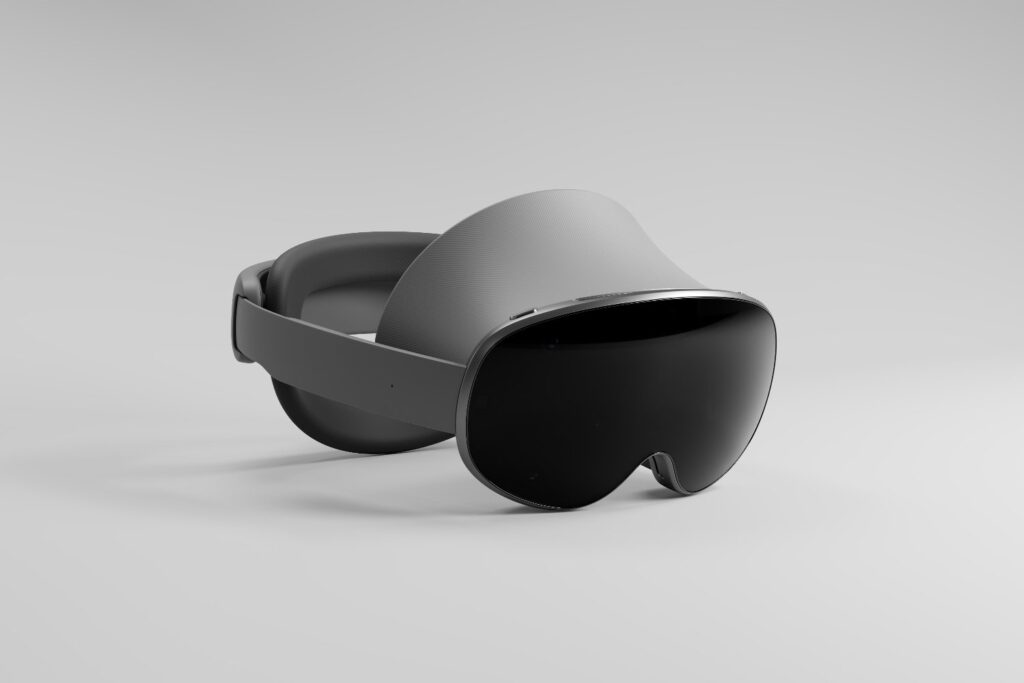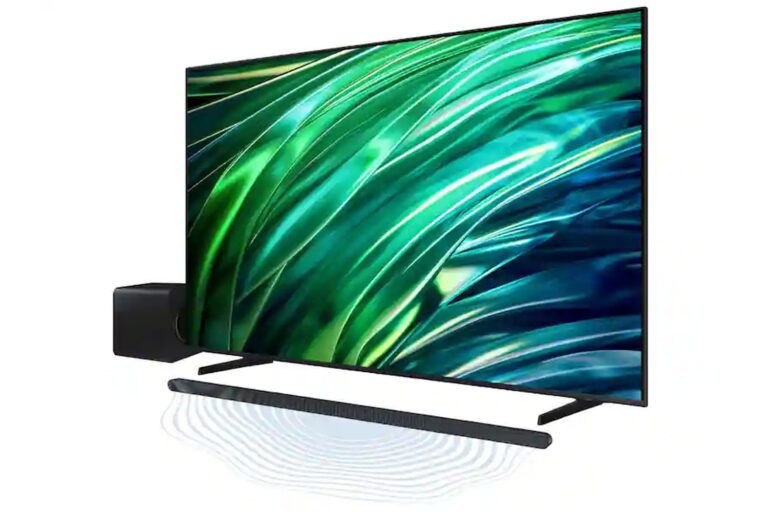
Google and Samsung are again letting their Wonder Twins powers activate, this time in the form of an all-new VR and AR platform dubbed “Android XR.” The companies dropped the details of their plans for upcoming headsets and glasses that will arrive soon. All that new hardware will have a UI that will facilitate Google’s Gemini AI model in a way that will offer controls “beyond gestures.”
Thank you for reading this post, don't forget to subscribe!If Google and Samsung are following Apple into the VR rabbit hole, they’re doing it with a more cautious descent. The first device to use this all-new Android XR isn’t actually here yet. Samsung calls it “Project Moohan,” based on the Korean word for “infinity.” As you can see above, Samsung provided a rendering of its initial headset design. Based on the image, Samsung’s initial XR headset has a constrained design without many obvious AR sensors like the one you see on the Meta Quest 3, Quest 3S, or Apple Vision Pro.
Samsung hinted about its XR plans last month but didn’t offer many specifics about its upcoming devices. The company said its headsets and glasses will have internal displays and passthrough capabilities. The big difference between these goggles and glasses compared to others on the market is that it’s AI-forward. Samsung said you should be able to control it with your voice, akin to the Ray-Ban Meta smart glasses. The device will likely have some kind of eye and hand tracking, but Samsung said you should be able to use “natural conversation” to access the device or any of your apps.

Android XR is supposed to facilitate virtual reality, augmented reality, and mixed reality features with a host of typical Android apps like Google Maps or YouTube. Samsung shared a video of this Android XR platform in which a user clicks on a YouTube VR video set in Florence, Italy. This feature is also available in the Meta Quest through the still-glitchy YouTube app.
Just this week, Google announced its Gemini 2.0 model. The Android maker said the whole point of its new model is to facilitate AI agents–essentially AI that can take over control of your device on your behalf. That’s the general concept behind Android XR as well. In a statement, Google’s president of Android, Sameer Samat, said his company’s AR platform’s multimodal AI will “enable natural and intuitive ways” to use these devices.
Google and Samsung seem to indicate they, too, have bought into the idea of AR glasses, eventually eclipsing the phone as everybody’s go-to tech. Meta is currently building out its Orion true AR glasses. Apple is also looking to get into the smart glasses game. Conversely, Google abandoned its hold in the AR glasses space after the end of Google Glass. Now, it’s happy to let Samsung take the reins while it builds out its new form of the Android ecosystem.
2024-12-12 16:00:17






